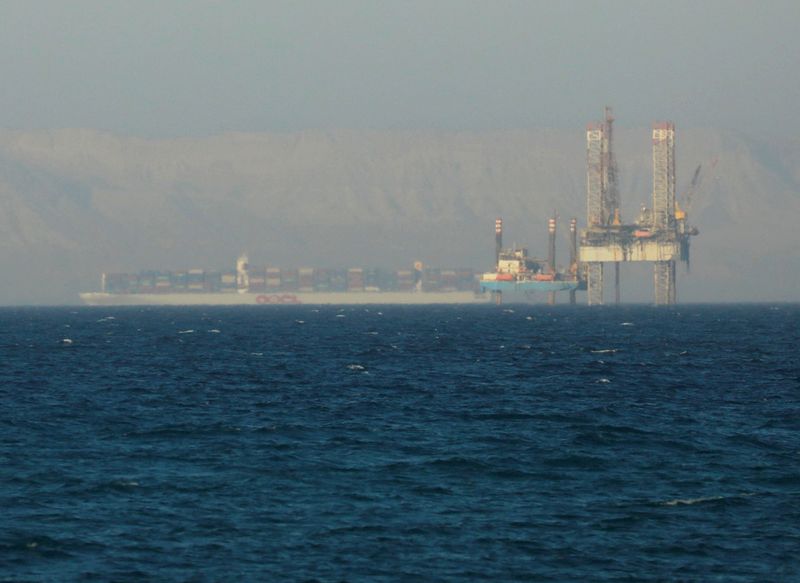By Philip Blenkinsop
BRUSSELS (Reuters) - The World Trade Organization will likely cut its estimates for goods trade growth for 2023 and 2024 due to a less buoyant global economy and the potential impact of disruptions to shipping through the Suez Canal, its chief economist said.
The WTO had estimated in October that merchandise trade growth would be 0.8% for 2023 and 3.3% for 2024. But it now believes growth this year is threatened by geopolitical tensions such as those affecting the Suez Canal due to attacks on ships in the Red Sea by Yemen's Iran-backed Houthis.
Chief WTO Economist Ralph Ossa told Reuters on Monday that both annual growth estimates now appear "overly optimistic". The WTO will publish updated figures in about two months.
Ossa said merchandise trade dropped 1.4% year-on-year in the first three quarters of 2023, although the fourth quarter looked a bit stronger.
"At the moment (2023 growth) looks like it's going to be less than 0.8%. Whether it's positive or negative, I don't know," he said. Europe had done worse than expected and the post-COVID recovery of China was not as strong as imagined.
Global merchandise trade has grown every year in the past decade except 2020, during the worst of the COVID-19 pandemic.
For 2024, Ossa said a number of international organisations had downgraded their GDP growth forecasts, with a likely knock-on effect on the WTO's own trade predictions. Goods trade this year should still be stronger than in 2023, however, he said.
"Yes, we are having all these headwinds for international trade... but we also shouldn't forget the big picture that both global economy in general but international trade in particular have been incredibly resilient," Ossa said.
He also highlighted the continued expansion of services trade, which rose 9% year-on-year in the first half of 2023, with a sharp increase in digitally delivered services.

Ossa said that, after the initial shock to supply chains from Suez Canal disruptions, the most likely impact would be higher prices for consumers due to increased shipping costs.
The impact of inflation will be detectable in Europe if disruptions continue but it is likely to be more in the order of decimals of a percentage point, rather than an extreme shock, Ossa said.